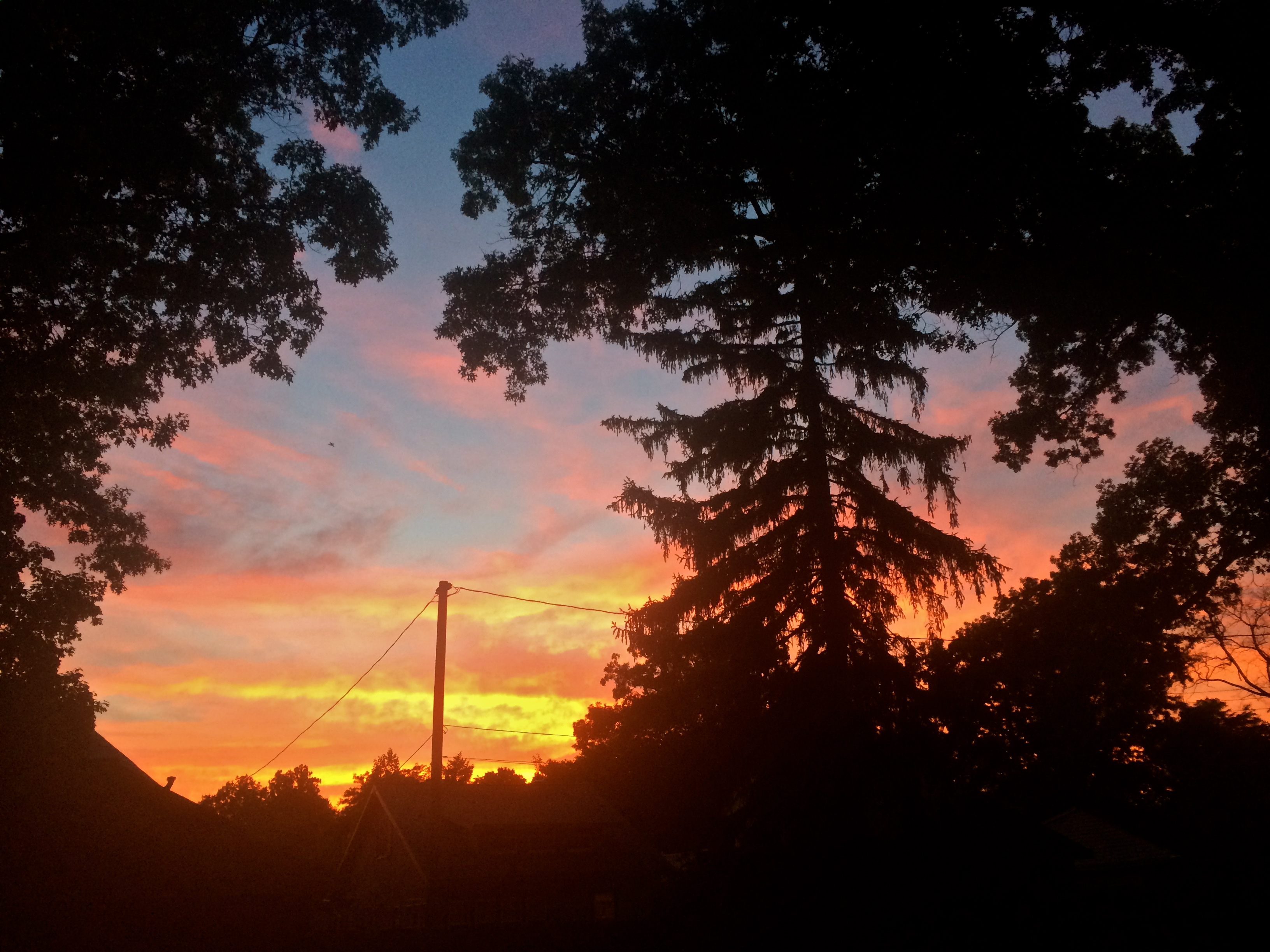Glimpses of Healing and Hope
December 4, 2017
By Jane Bishop Halteman

Rescue rant...rip open the heavens
The pastor I heard preach the Advent 1 service at my mother’s retirement community Sunday called Isaiah 64:1-9 a “rant for rescue.” Whether the passage begins with “O that you would rip open the heavens and descend” in The Message or “Oh that you would tear open the heavens and come down” in the New Revised Standard Version, the implication of desperation is clear.
“The author of this portion of Isaiah most likely wrote these words during the time following the Israelites’ return from their exile in Babylon. Having made their way home, they were wrestling with questions of what their life, their community, their relationship with God would look like now. Isaiah 64 gives voice to their longing for a God who seems absent, even as they grapple with guilt over their own brokenness,” according to Jan Richardson’s post at The Advent Door back in 2008.
As Pastor Ray at the retirement community explained to his listeners, the people in this text are yearning for release from their exile: the opportunity to return home to a life as they had once known it, yearning to go back to the vineyards, to the relationships left behind.
A fog of despair settles over them when they realize Jerusalem has been destroyed and their own neighbors no longer want them to come home. Isaiah speaks into this darkness, repeating the cry of the people, reminding them of their wandering in the wilderness for 40 years, reminding them that the Divine can heal the hopelessness of their lives.
“If we are honest, we will identify with the exiles,” Pastor Ray asserted. In our darkness we cry out, too, yearning for a sense of God’s presence. Advent, this season of hope, begins by inviting us to own our darkness, he observed.
Richardson suggests from personal experience that “at the heart of my resistant longing for God is the knowledge that to call upon the living God, to ask the Creator to tear open and rip into my universe, means giving myself to the prospect, the surety, that God will draw me out to places from which I can never return....I cannot control the direction this will go.”
A somewhat scary proposition, then, “this business of asking God to come close, to tear through the separateness in order to reach us: that’s not how it really works, of course. The tearing doesn’t go in that direction, as if God needed to punch a hole in some far-off heaven in order to come down to us. The incarnation, which we anticipate and celebrate in this season, reminds us that God is ever present, immanent, closer than our breathing.”
Richardson aptly calls our attention to English mystic Julian of Norwich, who said, “Betwixt us and God, there is no between.” And further, Richardson offers, “If God pervades all creation, pervades us, then the barrier that needs to be torn away isn’t outside us; it’s within. In our own interior universe, in the cosmos we carry inside us, God lives, moves, breathes. What do we need to tear away, to tear through, to tear down, in order to receive this? What do we balk at tearing because we think it is too precious to us or because we fear to lose control over the direction it will go?”
The retirement community service closed with communion yesterday, as the pastor served bread and wine as symbols that the darkness will not always reign. “We gather to celebrate that the darkness will not put out the light.”
What does your personal darkness look like this Advent season? In response to your rant for rescue, imagine the Divine penetrating your darkness and welcoming home the parts of yourself that live in exile. Make it an Advent practice this year to claim the light that overcomes your personal darkness.